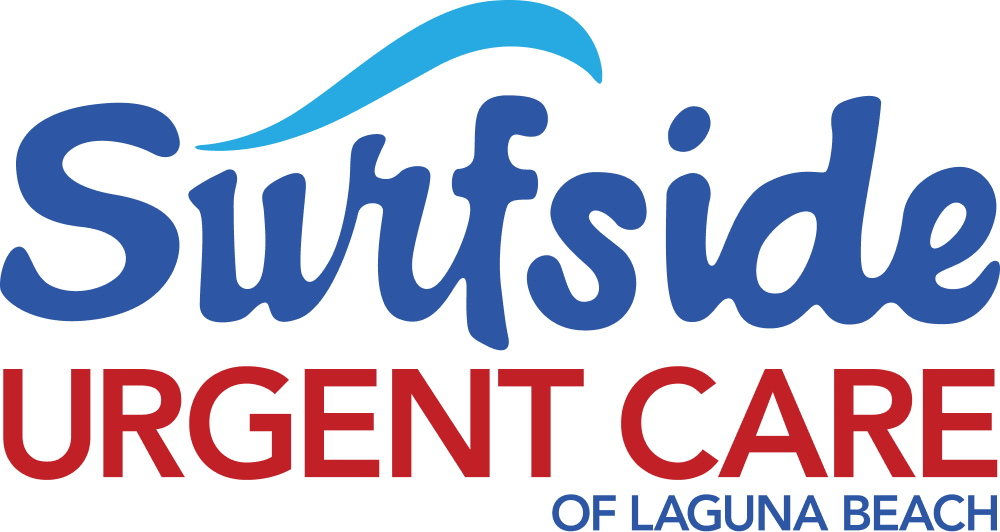Why Medical Clearance is Crucial for Safe Surgery
Surgical clearance, also known as medical approval for surgery, is an essential stage in the preoperative procedure. Thanks to this thorough screening, patients are guaranteed to be in the best possible health to have surgery safely. This blog examines the importance of medical clearance, its constituent parts, and why it is necessary for good surgical results.
What is Medical Clearance?
Medical experts comprehensively evaluate a patient’s general health state and any surgery-related dangers before granting medical clearance for surgery. Its goal is to guarantee that patients are medically and physically prepared for the anticipated surgical procedure. This evaluation includes several medical tests, exams, and consultations to find any underlying medical issues or variables that might impact the surgery’s outcome.
Why Surgical Clearance Is Essential
Assessing Risk Factors:
Medical clearance for surgery helps identify and evaluate any pre-existing medical issues or risk factors. These issues might raise the possibility of complications during or after surgery. Conditions like heart disease, diabetes, high blood pressure, and breathing problems can seriously affect surgical outcomes. By identifying these risk factors early, healthcare practitioners can optimize patient care methods and take essential precautions.
Tailoring Treatment Plans:
Healthcare providers can tailor treatment approaches based on the unique requirements and medical history of each patient with medical clearance for surgery. This customized method enables certain treatments or modifications to reduce hazards and improve the surgical procedure’s safety and efficacy.
Managing Medications:
A patient’s pre-existing conditions may require them to take a variety of medications. However, some of these medications may complicate the surgery or interfere with its progress. Therefore, medical clearance for surgery includes evaluating the patient’s prescription schedule. This evaluation determines if any medications need to be altered or temporarily stopped. Consequently, it ensures the best possible medication administration and lowers the risk of unfavorable interactions between drugs or surgical complications.
Optimising Health Status:
Before surgery, the patient’s health might be optimized with surgical clearance. To treat underlying health concerns and enhance general wellness, this process may involve dietary adjustments, lifestyle changes, or additional medical procedures. As a result, patients can benefit from shorter recovery periods and improved surgical outcomes by optimizing their health before surgery.
Our Laguna Beach urgent care facility is dedicated to providing comprehensive medical clearance services to ensure patient safety and effective surgical outcomes.
Components of Medical Clearance
Medical History:
Patients’ medical histories, including previous operations, ongoing illnesses, allergies, and current prescriptions, are thoroughly reviewed. Using this data, medical professionals may evaluate the patient’s general health and determine whether the patient is a candidate for surgery.
Physical Examination:
The patient has a thorough physical examination to evaluate their vital signs and cardiovascular, respiratory, and overall physical fitness. This evaluation helps spot any abnormalities or underlying health problems that might interfere with the surgical procedure.
Laboratory Tests:
Several laboratory tests are run to evaluate the patient’s metabolic profile, blood count, and organ function as part of the medical clearance process. Depending on the patient’s age, medical history, and planned operation, these tests include electrocardiograms (ECG), blood tests, urinalysis, and other imaging examinations.
Specialist Consultations:
To address particular medical problems or improve care for pre-existing diseases, patients may occasionally need to meet with specialists like cardiologists, pulmonologists, or endocrinologists. These consultations support thorough medical examination and provider collaboration to maximize patient care.
Psychological Evaluation:
Medical clearance may require a psychological evaluation along with a physical health assessment. This helps determine the patient’s emotional and mental readiness for surgery. The evaluation identifies any psychological issues that could affect the patient’s ability to tolerate the procedure, follow postoperative instructions, or recover fully. Addressing these issues beforehand can enhance patient satisfaction and make the surgical process smoother.
Risk Assessment and Consent:
With medical clearance, medical professionals may fully evaluate and review the risks involved with the scheduled surgery with the patient. Through this informed consent process, individuals may actively engage in their healthcare journey, make educated decisions, and comprehend the possible risks and advantages of the surgery. Medical clearance increases the patient experience by encouraging candid conversation and collaborative decision-making, supporting patient autonomy.
Postoperative Planning:
Medical clearance involves both postoperative planning and treatment, in addition to the preoperative stage. Healthcare professionals create personalized postoperative care plans based on each patient’s requirements, medical background, and surgical technique. These plans may include continued monitoring, follow-up consultations, rehabilitation procedures, and pain management techniques. This approach promotes healing and enhances long-term results.
Learn More: Ideal Frequency for Child Physical Exams
Conclusion: Ensuring Safe and Successful Surgery
Medical approval for surgery includes a thorough assessment of the patient’s mental, emotional, and physical health. This guarantees safety and effective surgical outcomes. Healthcare practitioners can reduce surgical risks and increase patient satisfaction by recognizing possible risk factors. They also optimize treatment regimens and encourage open communication with patients. This enhances the overall quality of care.
To ensure patients have safe and effective surgical outcomes, Surfside Urgent Care provides full medical clearance services, which include in-depth examinations, specialist consultations, psychiatric assessments, and customized postoperative planning.



